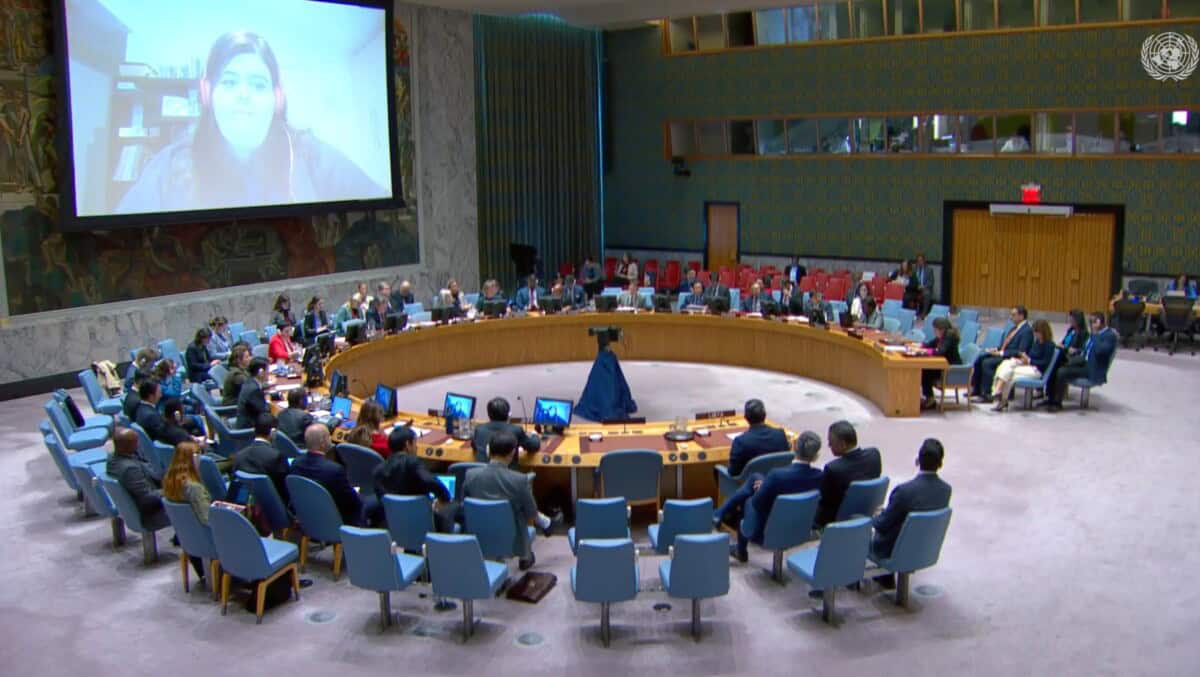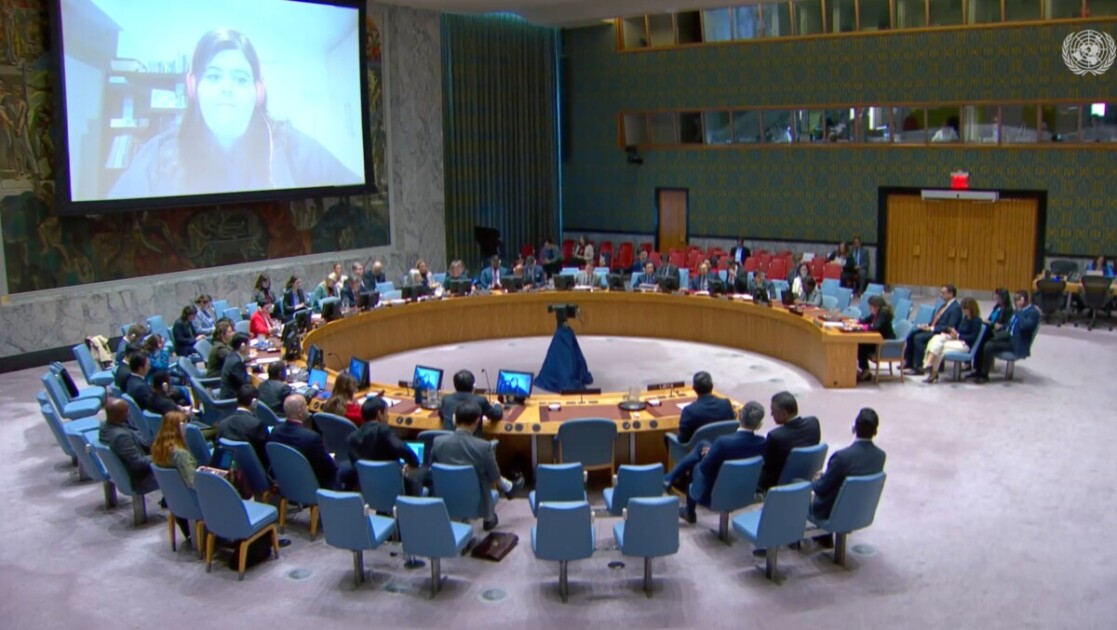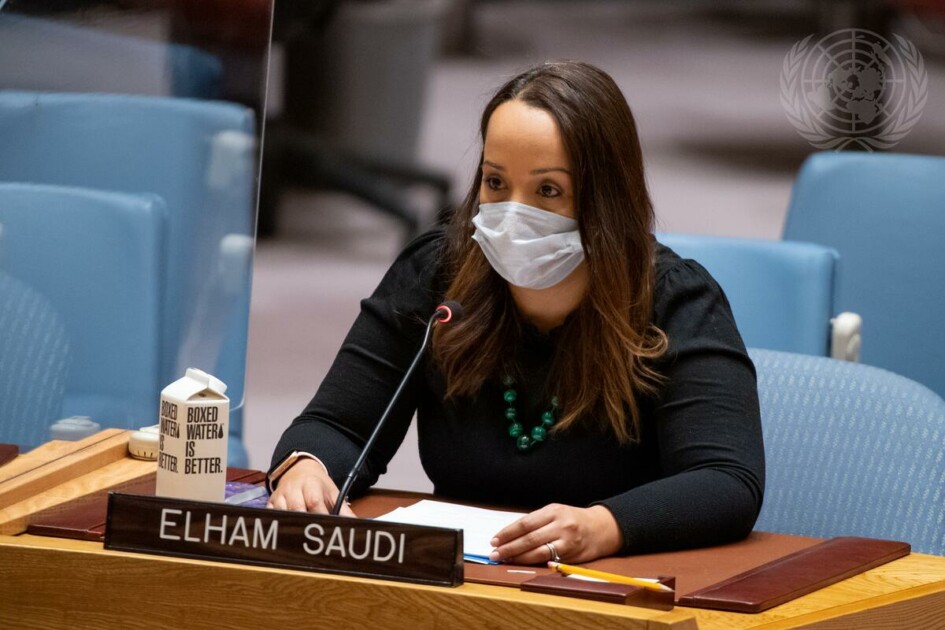Libya
Libya
Years after the deposition of dictator Moammar Gadhafi as part of the Arab Spring, Libya remains in a deteriorating security situation that is especially volatile for women. Sexual and gender-based violence during the war, including mass rape, has yet to be investigated, and women’s rights have continued to decline as different Islamic groups strive to curtail freedoms throughout the country. Violence against women remains common, but reporting remains low; like political and civic participation, reporting and activism by women remains deterred due to threats of violence or death.
Since 2011, Libya has passed new laws which discriminate against women, including the legalization of polygamy and quota reductions for women’s representation in Parliament. Although a party to the Convention on the Elimination of All Forms of Discrimination against Women (CEDAW), Libya does not have a National Action Plan per resolution 1325 (2000).
Due to the high rates of discrimination, exclusion and violence faced by women in Libya, the NGOWG advocates for the Security Council to continue supporting the United Nations Support Mission in Libya (UNSMIL) to include women as full and equal partners in supporting the transition of power to the Government of National Accord, which has struggled to establish legitimacy and control. Without the inclusion of women, the new government will face greater challenges to creating sustainable peace in Libya and continue exposing Libyan women to extreme risk of violence.
Current and Past Recommendations to the UN Security Council (Monthly Action Points)
With the deteriorating security situation and the threat posed by armed groups and illicit arms proliferation, active female public figures, including human rights defenders, civil society leaders, activists, journalists, and politicians, continue to be targets of assassinations, abductions, and SGBV. The Security Council is expected to renew the mandate of the UN Support Mission in Libya (UNSMIL). The Council should call for gender to be considered as a cross-cutting issue across the work of the mission (SCR 2122 (2013), OP 4) and reverse the trend of decreasing references to the women, peace and security agenda in past mandate renewals. The Council should, further, include provisions which:
- Promote the full and effective participation of women in all peace, security, and political processes. UNSMIL’s consultation with female house of representative members in October 2016 is a good practice example and should be continued on a regular basis as part of the establishment of a consultative mechanism with women’s civil society groups in all activities, including conflict resolution, peacebuilding and counterterrorism efforts;
- Particularly highlight the importance of recognizing the way in which violent extremism often targets women, the role women play in violent extremist groups, and the importance of women’s leadership and participation in all efforts to combat, reduce, and prevent terrorism and violent extremism;
- Call for an end to impunity for violence against women, investigate and monitor human rights abuses, including SGBV, and deploy women’s protection advisers (WPAs) and gender advisers;
- Call for specific reporting on the gender dynamics of the situation in Libya, including in the political, security, and humanitarian sectors, and provide sex and age disaggregated data.
With the deteriorating security situation and the threat posed by armed groups and illicit arms proliferation, active female public figures, including human rights defenders, civil society leaders, activists, journalists, and politicians, continue to be targets of assassinations, abductions, and SGBV. The Security Council is expected to renew the mandate of the UN Support Mission in Libya (UNSMIL). The Council should call for gender to be considered as a cross-cutting issue across the work of the mission (SCR 2122 (2013), OP 4) and reverse the trend of decreasing references to the women, peace and security agenda in past mandate renewals. The Council should, further, include provisions which:
- Promote the full and effective participation of women in all peace, security, and political processes. UNSMIL’s consultation with female house of representative members in October 2016 is a good practice example and should be continued on a regular basis as part of the establishment of a consultative mechanism with women’s civil society groups in all activities, including conflict resolution, peacebuilding and counterterrorism efforts;
- Particularly highlight the importance of recognizing the way in which violent extremism often targets women, the role women play in violent extremist groups, and the importance of women’s leadership and participation in all efforts to combat, reduce, and prevent terrorism and violent extremism;
- Call for an end to impunity for violence against women, investigate and monitor human rights abuses, including SGBV, and deploy women’s protection advisers (WPAs) and gender advisers;
- Call for specific reporting on the gender dynamics of the situation in Libya, including in the political, security, and humanitarian sectors, and provide sex and age disaggregated data.
Relevant Resources






